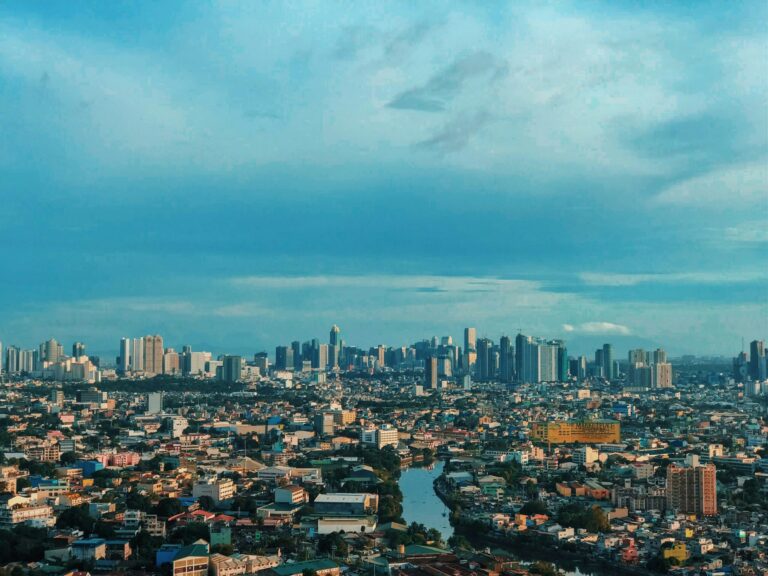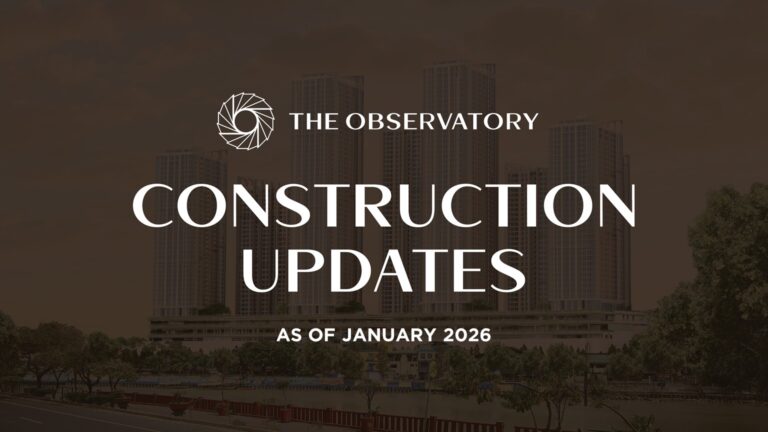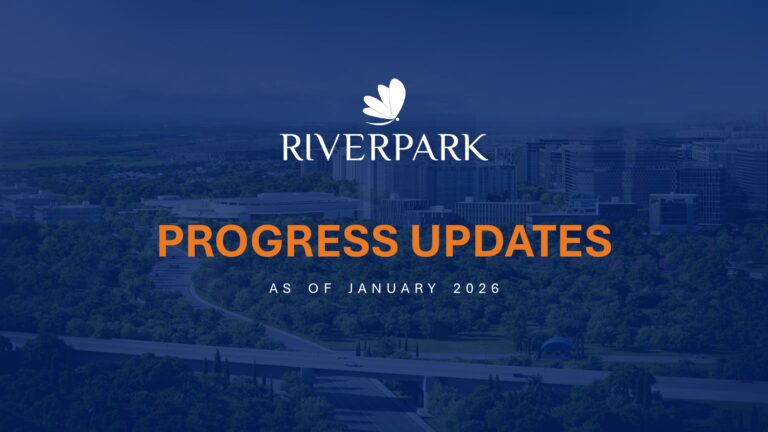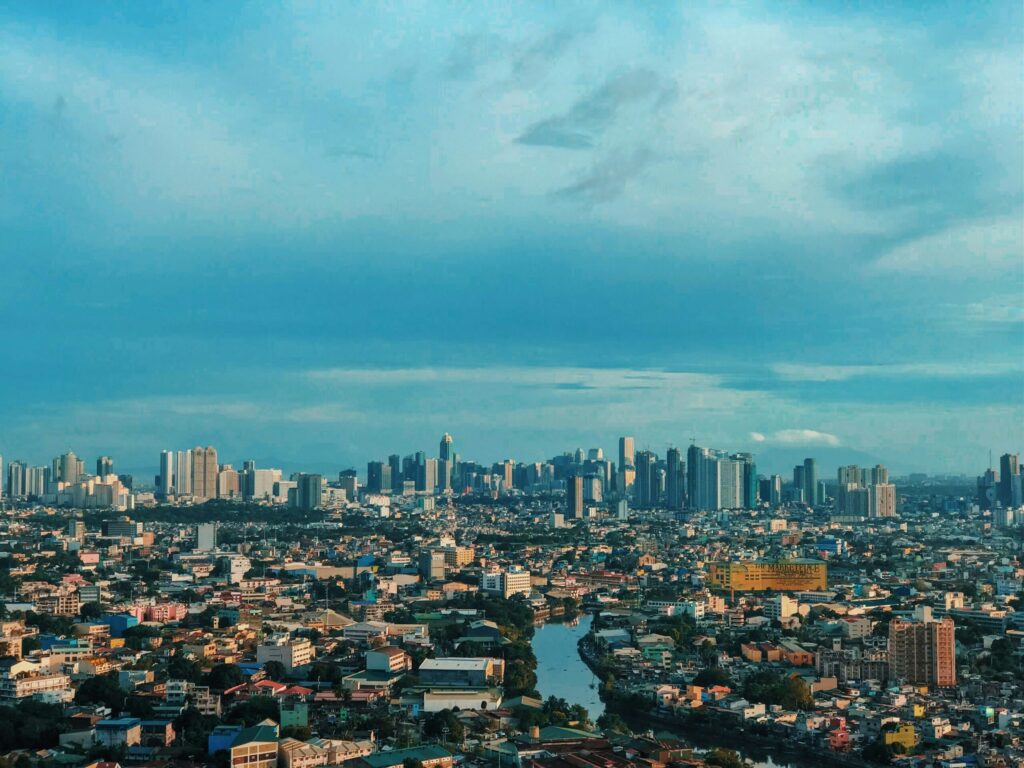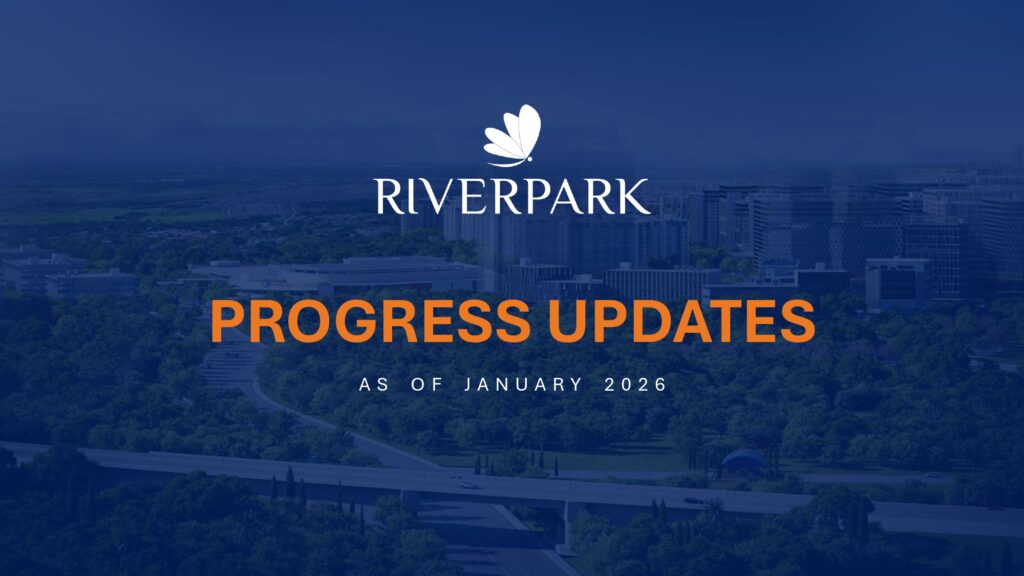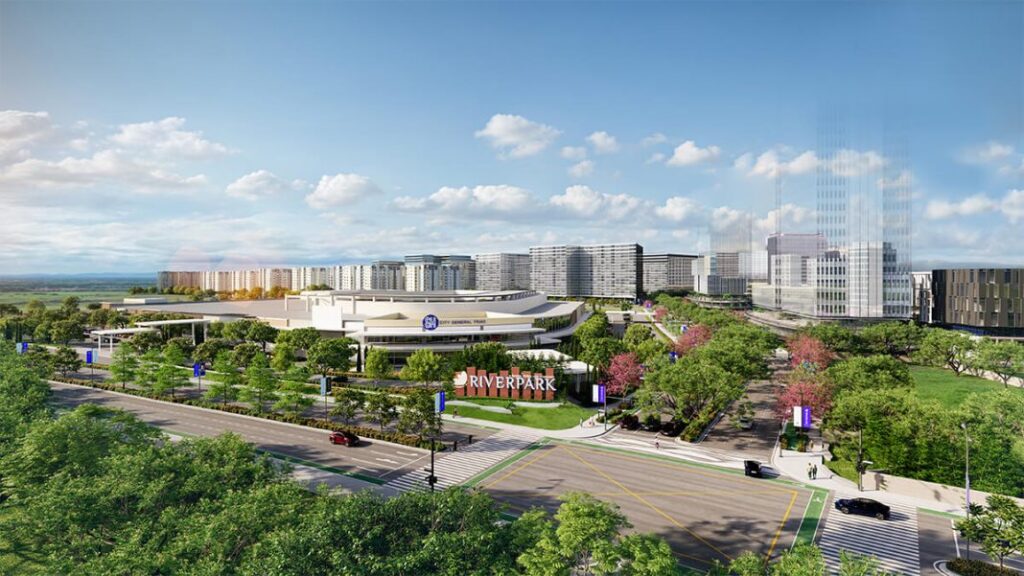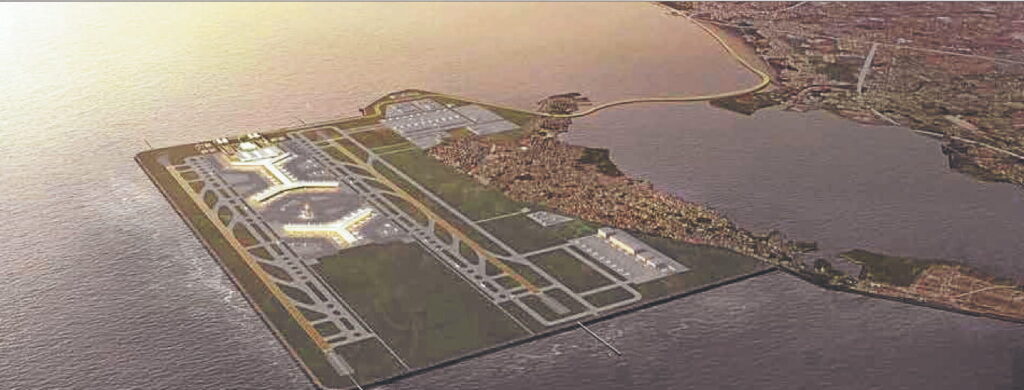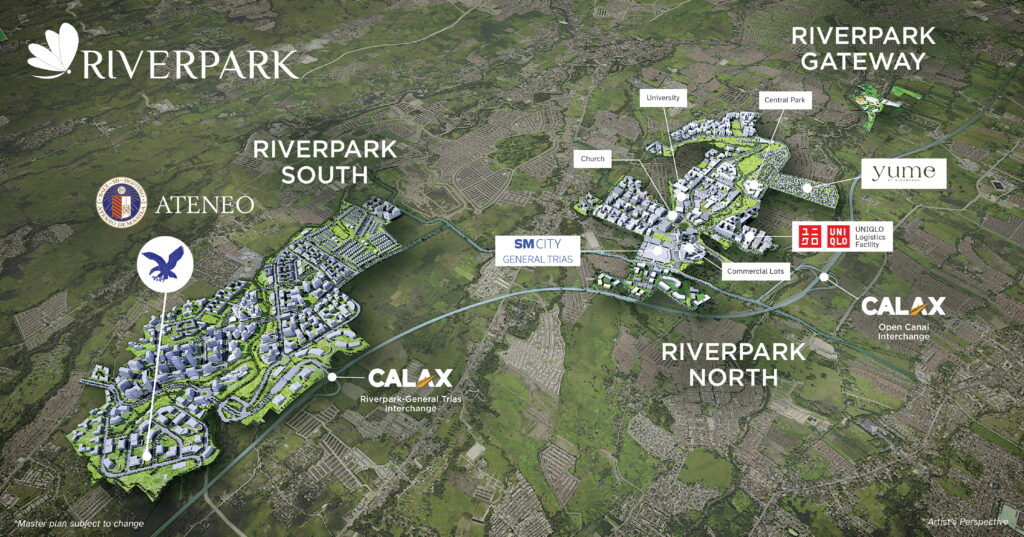FNG bridges culture through space and design
The 1951 San Francisco Peace Treaty laid the foundation for a renewed relationship between the Philippines and Japan. The treaty was ratified by the Philippine government on July 16, 1956, and took effect for the country after a week. Today, July 23, is celebrated annually as Philippines-Japan Friendship Day, as mandated by Proclamation No. 854 in 2006.
The partnership, meanwhile, has expanded beyond government initiatives, as Japanese and Filipino companies engage in joint ventures that contribute to the local economy and strengthen cultural ties.
Among them is Federal Land NRE Global, Inc. (FNG).
Since its launch in 2022, FNG, the joint venture between local property firm Federal Land, Inc. and Japan-based Nomura Real Estate Development Co., Ltd. (NRE), has worked on several real estate projects, focusing on residential and mixed-use communities. These developments show how the countries’ strong ties extend beyond trade — it also connects people through spaces.

Building spaces, bridging culture
The collaboration between Federal Land and NRE started with the development of The Seasons Residences. Together with Isetan Mitsukoshi Holdings, Ltd., they also brought in the country’s first MITSUKOSHI mall in Bonifacio Global City. What began as a single project has since grown into a wider commitment to urban development.
Today, FNG handles a growing portfolio of mixed-use and residential projects that combine Japanese architectural sensibilities with Filipino lifestyle demands.

“The FNG brand is built on the Japanese and Filipino collaboration. Grounded in sustainability and a future-forward mindset, these values shape how we design and deliver each of our developments,” said Yusuke Hirano, vice-chairman of FNG.
In Cavite, FNG launched Yume at Riverpark, the company’s first horizontal development outside Metro Manila. It is set within Riverpark, Federal Land’s township spanning 600 hectares in General Trias, Cavite, creating a bold vision for a future-ready community. Designed around greenways and water corridors, it brings urban convenience into harmony with nature.
Yume at Riverpark is an 18-hectare community that features open spaces, a wellness center, and a clubhouse designed by award-winning architect Ed Calma with Japanese design firm UDS Ltd.
Strategically placed near the Cavite-Laguna Expressway (CALAX), Yume at Riverpark is easily accessible to residents from the southern part of Luzon. Once the infrastructure is completed, direct interchanges at Riverpark North and South will provide seamless access to the community.

In Mandaluyong, FNG is developing The Observatory, its first vertical mixed-use development in Metro Manila. Covering 4.5 hectares, the project includes residential towers, office spaces, and commercial zones, positioned near major business districts including Ortigas, Makati, and Bonifacio Global City.
Sora, the first residential tower in the project, takes inspiration from Tokyo’s Shibuya district. It offers flexible layouts designed to accommodate the needs of young professionals and small families. To help buyers better understand the project, FNG opened The Observatory Sales Pavilion, which includes scaled building models, virtual walkthroughs, and interactive tools.
To further integrate lifestyle and convenience, FNG introduces popular Japanese food brands such as UCC Mentore, MOS Burger, and CoCo Ichibanya into its new showroom. These additions provide a distinct experience for visitors.


Boosting economic development
A surge in business activity is taking shape in Cavite following the complete sellout of Phase 1 of FNG’s Riverpark North Commercial Lots. The development is beginning to attract investors, stimulate job creation, and support the province’s growing logistics and trade sectors.
In 2024, FNG broke ground for the logistics center within the Riverpark North site, in collaboration with Fast Retailing Philippines, the local partner of Japanese clothing brand UNIQLO. The upcoming hub is expected to serve as a warehouse and transport facility, supporting key supply chain operations in the region. In the same year, Federal Land and SM also broke ground for the rising SM City General Trias.
The location of Riverpark North complements infrastructure upgrades currently being carried out across Cavite. These include new roads and transport networks that are helping reduce travel time between Metro Manila and Southern Luzon.

FNG is now moving forward with Phase 2 of the project, and site development has already started.
Filipino-Japanese values as a foundation
In just three years of operations, FNG has made a strong impression in the real estate sector, earning multiple honors for its approach to design and development.
At the 19th PropertyGuru Asia Property Awards, the company was named Best Breakthrough Developer, putting it alongside recognized names in the Asia-Pacific property market.
At the 12th PropertyGuru Philippines Property Awards, Yume at Riverpark won Best Subdivision Development.

Such recognitions indicate FNG’s commitment to disciplined planning, collaboration, rooted in the Japanese principle of kaizen or continuous improvement. By combining Japanese discipline with Filipino values, FNG creates a culture that strengthens operations and allows it to serve communities effectively without losing sight of quality.

